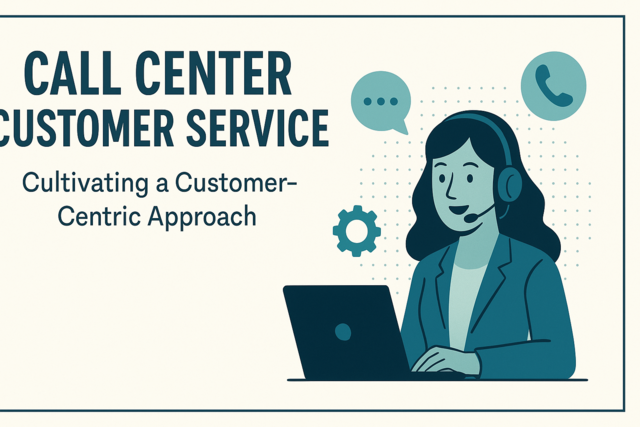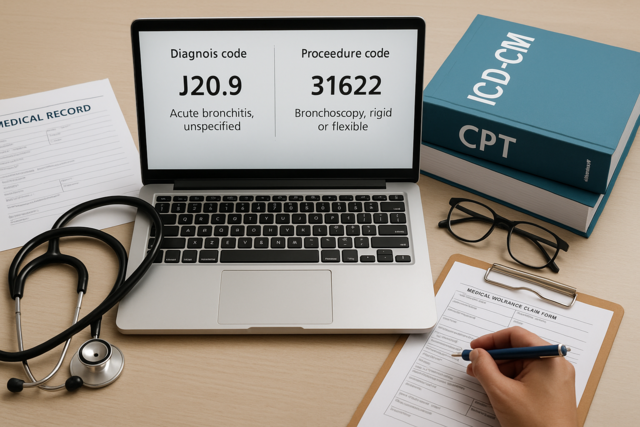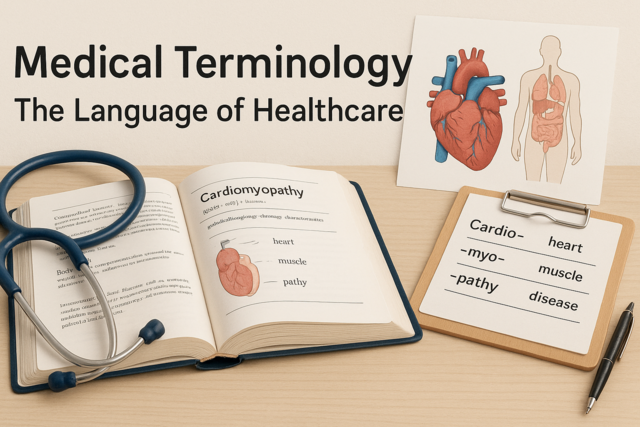Advocacy for Elderly Patients
Empowering Voices, Championing Elderly Care

6 Hours average completion time
0.6 CEUs
11 Lessons
22 Exams & Assignments
151 Discussions
11 Videos
12 Reference Files
123 Articles
Mobile Friendly
Last Updated January 2026
Step into the critical world of elder advocacy with our Advocacy for Elderly Patients course--a powerful, self-paced learning experience designed to equip you with the knowledge and skills to protect the rights, dignity, and well-being of our aging population. As families increasingly face the responsibility of caring for elderly loved ones, understanding how to advocate effectively is more important than ever. In this course, you'll learn to be a champion for seniors, mastering the essential principles of elderly patient care, including navigating complex healthcare systems, preventing elder abuse, and ensuring quality of life across various care environments.
This course not only empowers you to safeguard the legal and personal rights of elderly patients but also provides you with the tools to become a voice for those who may struggle to speak for themselves. You'll dive deep into the nuances of creating safe living environments, understanding elder care facilities, and navigating healthcare options--all while learning how to preserve the independence and dignity of seniors. From mastering advance directives to preventing elder abuse, this course will prepare you to make a lasting, positive impact on the lives of the elderly and their families.
Whether you aim to become a professional advocate or simply wish to enhance the care of a loved one, this course offers the knowledge and confidence you need to ensure that seniors receive the compassionate, respectful care they deserve. Join thousands of students in taking this transformative step towards becoming an advocate for the elderly and a true guardian of their rights and dignity.
- Monitoring senior nutrition and wellness
- Identifying and preventing elder abuse
- Resolving elder grievances efficiently
- Elder rights and dignity empowerment
- Effective communication with healthcare providers
- Navigating complex healthcare systems
- Addressing social isolation in seniors
- Enhancing senior independence preservation
- Improving elder quality of life
- Facilitating elder care legal documents
- Creating safe living environments
-

End of Life Care
-

Medical Billing and Coding Course Bundle
-

Comprehensive Medical Terminology 1 & 2
-

Medical Terminology for Medical Coders
-

Mediation 101
-

Anatomy and Physiology 101
-

Call Center Customer Service
-

Understanding Concussions
-

Medical Terminology 201
-

Feng Shui 101
-

Introduction to Medical Coding
-

Biology 360: From Molecules to Ecosystems
-

Beyond the Crust: The Heart and Soul of Bread Baking
-

Medical Office Management
-

Caring for Patients with HIV/AIDS
-

Medical Terminology 101
-

Business Branding 101
-

HIPAA Compliance 101
-

ICD-10: Medical Coding
-

Internet Marketing Basics
-

Careers in Healthcare
-

Adobe Lightroom
-

Social Media Marketing: An Introduction
-

Introduction to Medical Billing
-

Modern Marketing Strategies for Small Business